Comments by Brian Shilhavy
Editor, Health Impact News
British journalist Thomas Hale is the Shanghai correspondent for Financial Times, and he recently published a rare account of what life is like inside one of China’s COVID-19 quarantine camps, where he was restricted for 10 days, not because he tested positive for COVID, but because he was tracked through his cell phone as being close to someone else who tested positive for COVID.
The title of the article is I spent 10 days in a secret Chinese Covid detention centre.
The call came from a number I did not recognise.
“You need to quarantine,” a man on the other end of the line said in Mandarin. He was calling from the Shanghai Municipal Center for Disease Control and Prevention. “I’ll come and get you in about four or five hours.”
I dashed out of my hotel to stock up on crucial supplies. Based on advice from colleagues and my previous experience of quarantine in China, these included: tinned tuna, tea, biscuits, three types of vitamin, four varieties of Haribo sweets, Tupperware, a yoga mat, a towel, cleaning equipment, an extension cable, a large number of books, eye drops, a tray, a mug and a coaster with a painting of the countryside surrounding Bolton Abbey in North Yorkshire.
Four to five hours later, I received another phone call. This time it was a woman from the hotel’s staff. “You are a close contact,” she said. “You can’t go outside.”
“Am I the only close contact in the hotel?”
I was, she told me and added “the hotel is closed”, meaning locked down. I went to the door of my room and opened it. A member of staff was standing there. We both jumped.
“You can’t go outside,” she said, mid-jump.
“Will the staff be able to leave?” I asked apologetically.
“It’s OK. I’ve just started my shift,” she replied, smiling.
What follows is a detailed account of his experience, which is apparently quite rare for a foreigner, and perhaps resulted from a misspelling of his name when his information was entered into their COVID-19 tracking system.
And while being forcibly confined as basically a prisoner, one of the things that apparently surprised Hale was how compliant and accepting the Chinese were to such drastic measures with China’s ZERO Covid policies.
One man told me he estimated that 90 per cent of Chinese people agreed with the government’s approach.
That approach, known as “zero Covid”, is one of maximal suppression of the virus. It employs contact tracing, constant testing, border quarantine and lockdowns in order to stop community transmission of the virus as soon as a case is detected. It is aggressive and could only really exist in the long-run in an autocratic society with the mechanisms for mass surveillance already in place. There is no end in sight to the policy, despite China’s vaccination rate of about 90 per cent.
He documents his being taken away to an island where the quarantine camp was built, and where few foreigners have ever been.
The men in hazmat suits arrived a little later. First, they administered a PCR test with the same rushed weariness of the man who had called me earlier. Then, one escorted me down the deserted hallway. We passed the lifts, which were blocked off and guarded, and took the staff elevator. Outside, the entrance was also cordoned off. A hotel with hundreds of rooms had been frozen for me alone. I was being “taken away”, as this process is commonly referred to in China these days.
In the empty street, a bus was idling. It was small, a vehicle for school trips or large families, maybe. We drove off. “Are we going to another hotel?” I asked one of the dozen or so passengers on board.
“It’s not a hotel,” he said.
“Tian a,” another passenger said. This expression, often translated as “Oh my God”, conveyed more of a “For goodness’ sake” in this case.
The mood in the bus was not fearful so much as detached. The pop music whining out of the radio was occasionally mauled by severe static. Nobody seemed to notice. It is a curious experience, as an adult, to be driven somewhere without having any idea of the destination. Our driver, enmeshed in a hazmat suit, spoke frantically on his phone with some distant authority. After an hour or so, his driving seemed to become more frantic too, and my mind flashed to recent news reports from Guizhou province in which a quarantine transport bus had crashed, killing 27 passengers. I fastened my seatbelt and repositioned my suitcase, which was blocking the aisle.
Eventually, we came to a stop on a small road in the middle of a field. The driver was instructed, over walkie-talkie, to keep going. But this was impossible because there were several full-sized coaches in front of us, and small crowds of people wandered around in the darkness. “I can’t drive,” he barked into his handset and proceeded to get out, lock the bus behind him and wander off into the night.
I wound down my window, just to see if climbing out might be viable. We were far into the countryside now, and it was surprisingly cold. Then a passenger who was also wearing a hazmat suit — the indiscriminate wearing of hazmat suits made it hard to discern who was in charge — leapt into the driver’s seat. He wasn’t trying to escape, just unlock the door. Outside, people smoked and milled around aimlessly.
“Where are you from?” one of the others asked me. His hazmat gear was rolled down around his waist, like a boiler suit. “The UK,” I said, and his eyes widened.
“They brought you here? With a foreign passport?”
The queue of buses slowly disappeared into what looked like a brightly lit gate at the end of the road. Cigarette smoke in the night air cast a silver pall over the fields. There was the sense of some vast structure behind the darkness. The placement of suitcases and bags inside the bus meant we were all in slightly uncomfortable positions, though one person had fallen asleep and was snoring loudly. Another played solitaire on his phone. We waited. None of us — not me, not the other passengers, not our driver — had tested positive for Covid-19.
Around 2am, our driver climbed back on board. The engine revved and the radio burst into life with a crackle. It was our turn. We continued deeper inside China’s quarantine apparatus, the kind of place that finds you, rather than the other way around. It is part of a system scarcely conceived of or understood by the outside world, one defined almost in opposition to it. It is a system that seeks to eliminate rather than cohabit with coronavirus, one in which an unknown number of people are detained. And it is a place foreigners might imagine, but where few have ever been.
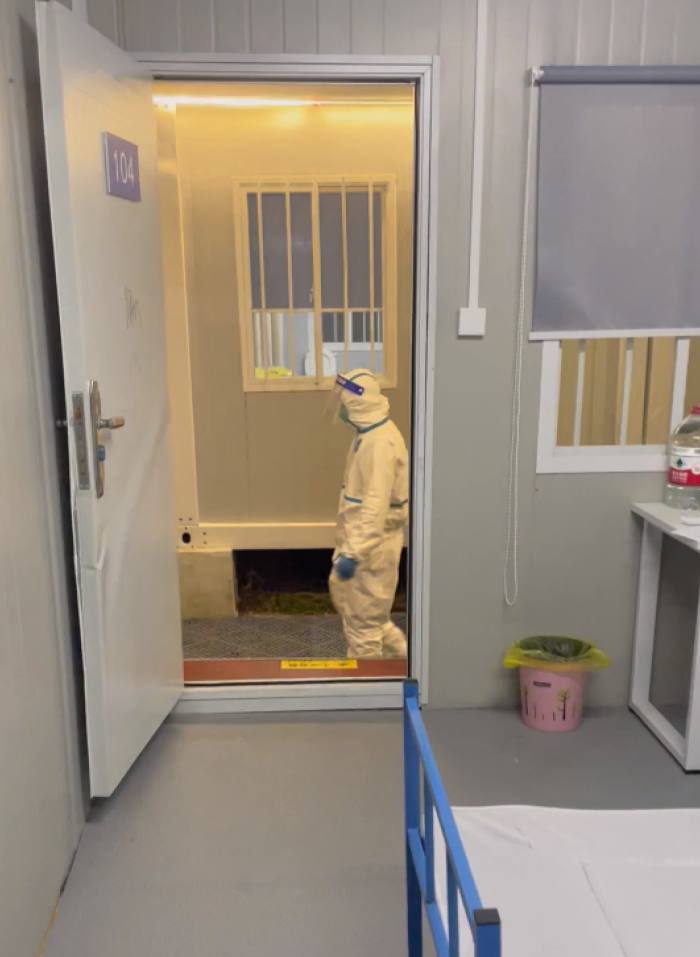
A hazmat-suited member of staff. Like the detainees, staff at the facility were not allowed to leave or receive deliveries, and they worked long hours. One told Hale they were paid Rmb230 (£31.75) a day © Thomas Hale (Image source.)
His description of the camp upon arrival:
We were each assigned a room number. Another arrival, who I will refer to as Resident 1, walked alongside me toward detention. He gestured at three rows of wires above the blue fences that marked the perimeter, not quite barbed wire, but not far off. He shook his head, almost in laughter, and for a moment, amid the tiredness, I felt a welcome sense of camaraderie.
The sight of our quarters snapped us awake. The facility consisted of neat rows of what might be described as cabins, each one a shipping container-like box, sitting on short stilts above the ground. On the side of some of the rows, a large smiling animal had been painted, like a mural on a temporary school built after a natural disaster. It was hard to tell how many cabins there were in all. Fluorescent outdoor lighting flickered above, and a camera was positioned with a view of every door. Neither was ever turned off.
Most of us hovered in our doorways, taking in our new surroundings. “There’s no hot water,” someone shouted. Somewhere a woman wailed, and it occurred to me there were no children here. “She’s got no food,” Resident 1 explained. A hazmat-suited worker arrived to hand out instant noodles.
Inside my 196-sq-ft cabin there were two single beds, a kettle, an air-conditioning unit, a desk, a chair, a bowl, two small cloths, one bar of soap, an unopened duvet, a small pillow, a toothbrush, one tube of toothpaste and a roll-up mattress roughly the thickness of an oven glove. The floor was covered in dust and grime. The whole place shook when you walked around, which I soon stopped noticing. The window was barred, though you could still lean out. There was no shower. When I checked the internet connection, it was 24 times faster than the internet in my Shanghai hotel.
“I had seen the videos,” one resident later told me, referring to footage of similar mass-quarantine facilities that had circulated on Douyin, China’s TikTok. But she said the reality was still hard to take. I had also seen the videos and, before arriving in China, had wondered if it would be possible to find one of these places. Now I wanted to get out. I approached a member of staff in a hazmat suit, and explained that I was a foreign journalist, hoping this would trigger my release.
“What do you mean?” the woman asked. It was not merely my accent which confused her; the premise of my question made no sense here.
He describes the psychological impact of being confined in the quarantine camp.
Any discomfort was secondary to the psychological impact of uncertainty. Although I was told on arrival my stay would be seven days, it would in fact be 10. Customer service, in various long discussions, told me the “name list” of those being sent home was published daily and wasn’t available ahead of time. After a while, all my other problems dissolved and I thought only of getting out.
Although we were supposed to remain inside our cabins, it was sometimes possible to briefly wander out and, before the camera raised the alarm, trade information and occasionally goods with other residents. These moments were the best hope for any clarity. On one occasion, this yielded the miracle of instant coffee. On another, Resident 1 speculated that the cabins were only half-built and that we had been rushed into them because the quarantine hotels were full.
He told me that China’s young and old were divided because the latter could not access the foreign internet and see how the rest of the world has handled the pandemic. They lived in a parallel world, he said, but he could not bear the loss of freedom. I was also in a parallel world, the stakes of which I could not quite discern. The more I observed, the more I became numb to the experience.
The facility was bordered by tall trees and, late in the afternoon, when the sun set through them, you could open your door and let the light wash in. For a moment the whole place was possessed by the magnificent simplicity of the countryside. One day, around this time, I got into a conversation with three female members of staff who often gathered to chat within range of my porch. Their perception of the place in which we were imprisoned, and in which they worked long hours, was radically different to my own. It was fine, they said. You have your computer.
My conversation with the three women continued. Their sense that what was happening at P7 was normal was strangely persuasive. It was as though the bureaucracy, rather than the virus, was the natural phenomenon, one that thrived in the spaces between, rather than within, human beings. Perhaps I had misjudged everything. This was nothing like prison.
“Are you afraid of Covid-19?” I asked.
“Yes,” they said. “Anyway, if you test positive,” one added, “it’s hard to find work.”
“How old are you? Forty?” one asked.
“I’m 33,” I said.
“So young!” she said. “My son is a similar age.”
“Don’t you miss home here?” I asked.
They hesitated to respond. “It’s a job,” one eventually said.
“I know,” I said. “But don’t you miss home?”
“Of course I miss it.”
Read the full article at Financial Times. A subscription is needed, but there are plenty of bootleg copies on the Internet if you search the title.
Related:
The New China: The World’s First Example of a Medical Tyrannical Totalitarian State in 2022
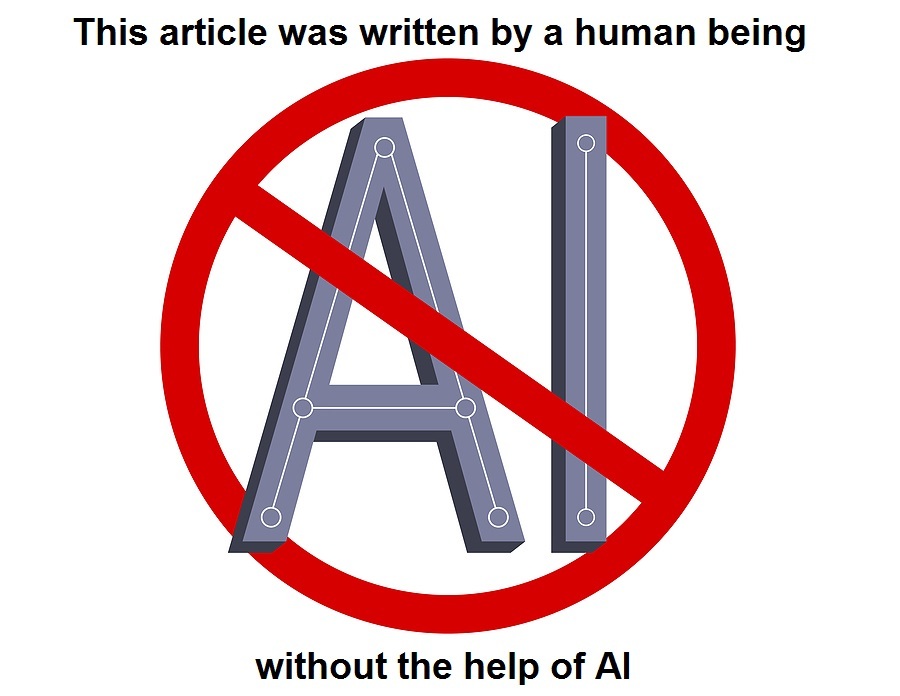
See Also:
Understand the Times We are Currently Living Through
Exposing the Christian Zionism Cult
Jesus Would be Labeled as “Antisemitic” Today Because He Attacked the Jews and Warned His Followers About Their Evil Ways
Insider Exposes Freemasonry as the World’s Oldest Secret Religion and the Luciferian Plans for The New World Order
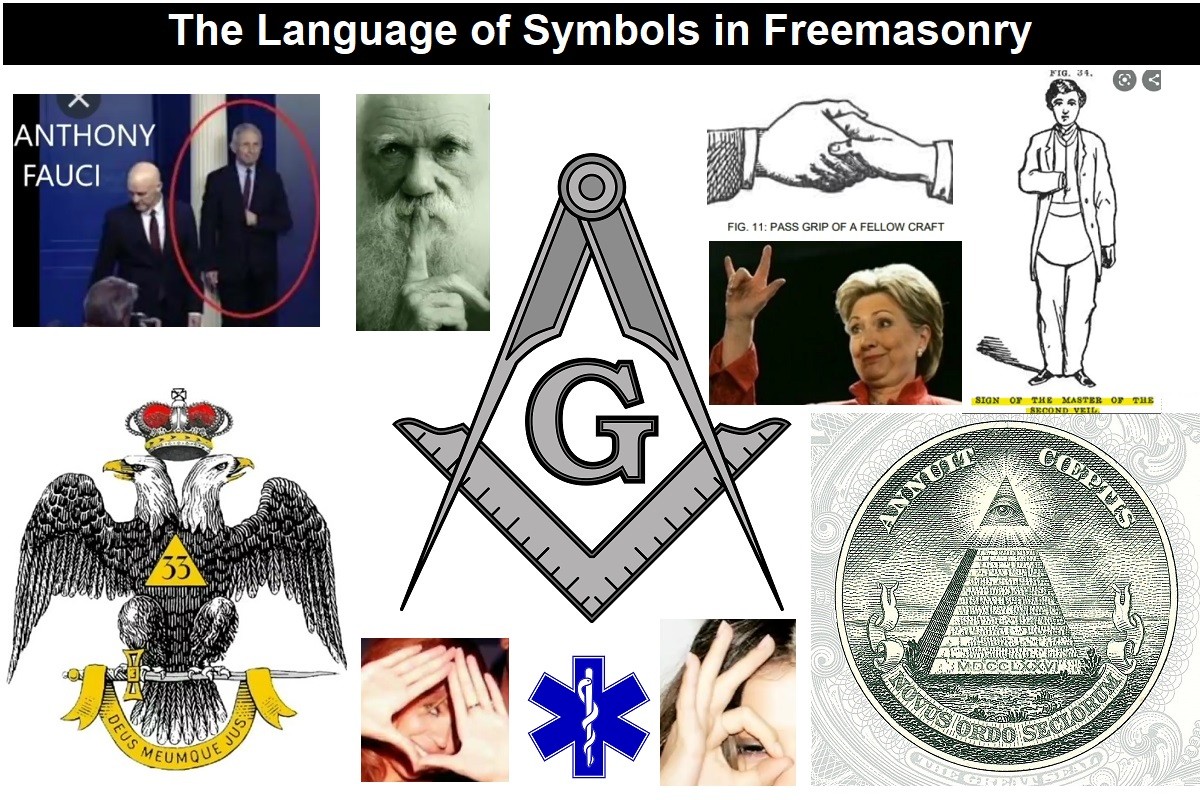
Identifying the Luciferian Globalists Implementing the New World Order – Who are the “Jews”?
Who are the Children of Abraham?
The Brain Myth: Your Intellect and Thoughts Originate in Your Heart, Not Your Brain
Fact Check: “Christianity” and the Christian Religion is NOT Found in the Bible – The Person Jesus Christ Is
Christian Myths: The Bible does NOT Teach that it is Required for Believers in Jesus to “Join a Church”
Exposing Christian Myths: The Bible does NOT Teach that Believers Should Always Obey the Government
Was the U.S. Constitution Written to Protect “We the People” or “We the Globalists”? Were the Founding Fathers Godly Men or Servants of Satan?
The Seal and Mark of God is Far More Important than the “Mark of the Beast” – Are You Prepared for What’s Coming?
The United States and The Beast: A look at Revelation in Light of Current Events Since 2020
The Satanic Roots to Modern Medicine – The Mark of the Beast?
Medicine: Idolatry in the Twenty First Century – 8-Year-Old Article More Relevant Today than the Day it was Written
Having problems receiving our emails? See:
How to Beat Internet Censorship and Create Your Own Newsfeed
We Are Now on Telegram. Video channels at Bitchute, and Odysee.
If our website is seized and shut down, find us on Telegram, as well as Bitchute and Odysee for further instructions about where to find us.
If you use the TOR Onion browser, here are the links and corresponding URLs to use in the TOR browser to find us on the Dark Web: Health Impact News, Vaccine Impact, Medical Kidnap, Created4Health, CoconutOil.com.





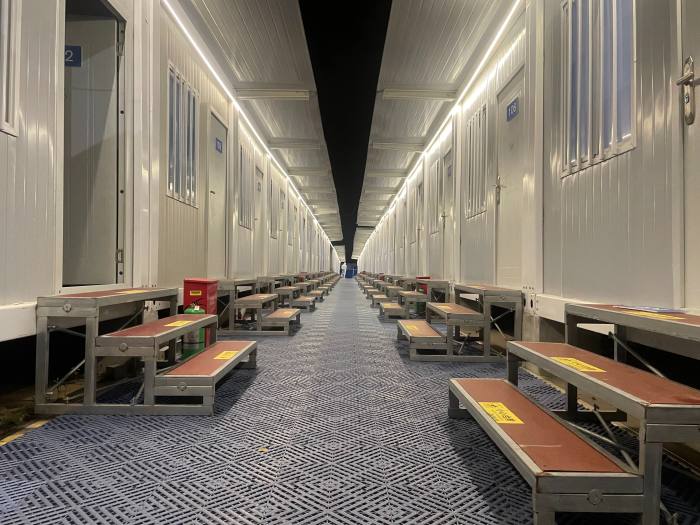
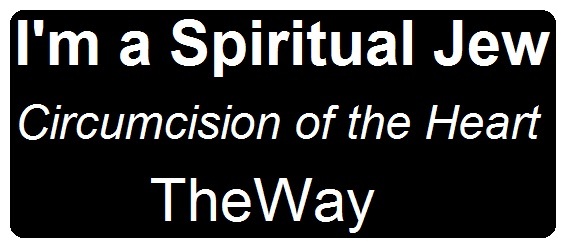




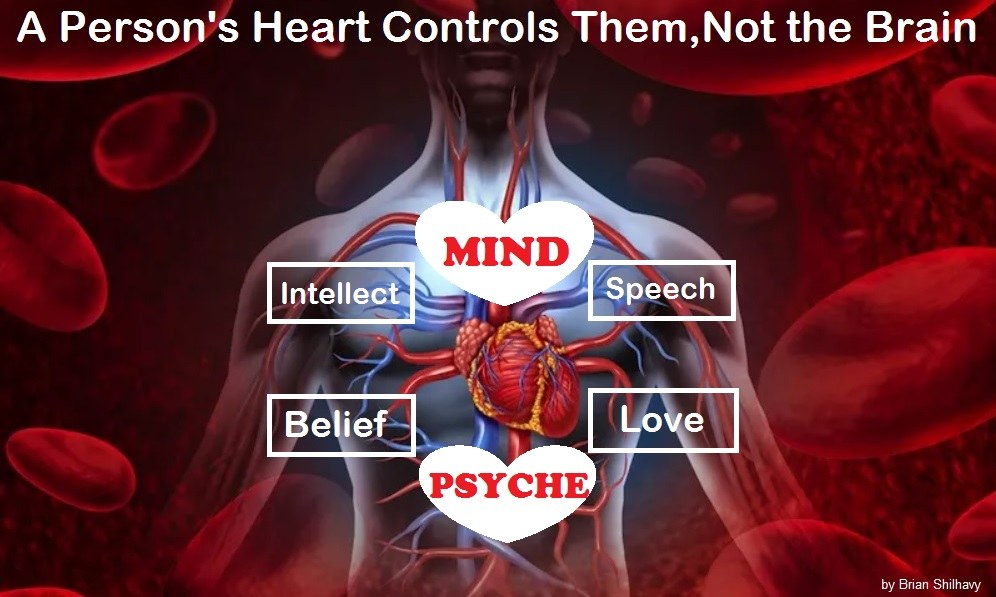



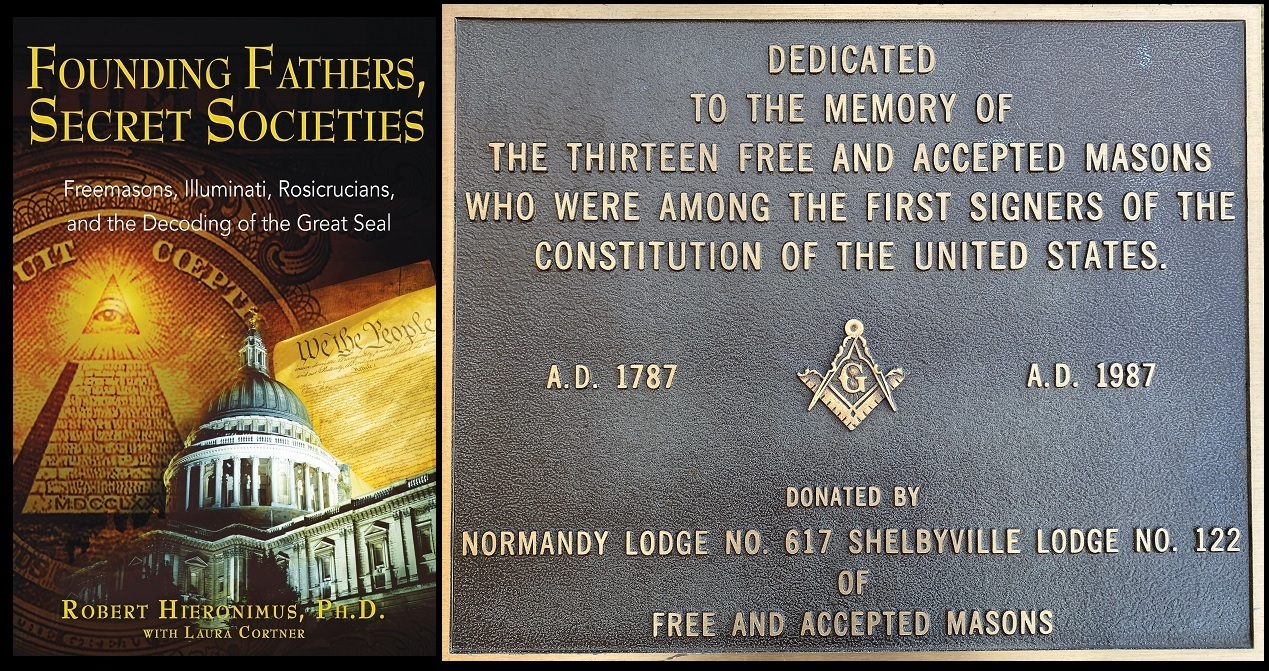
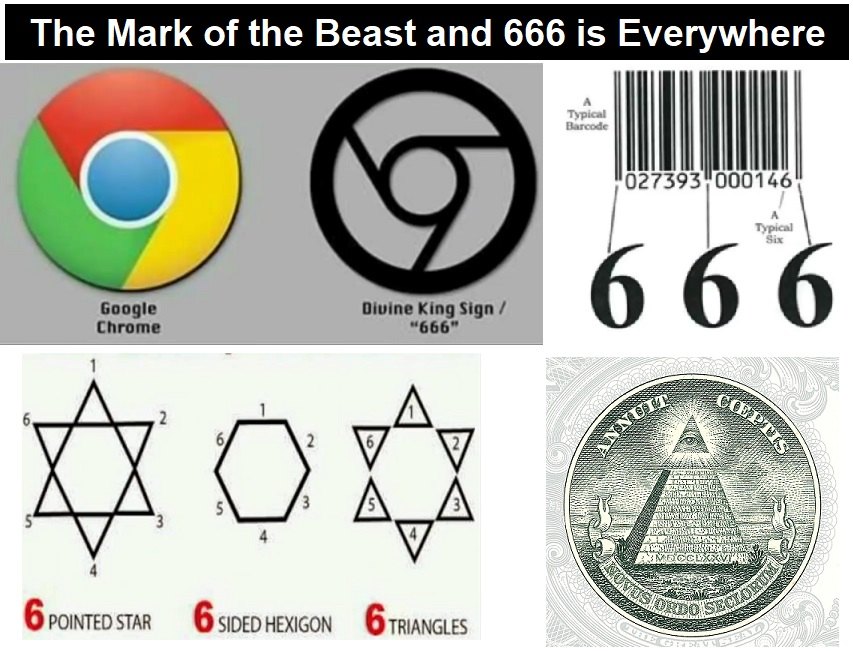
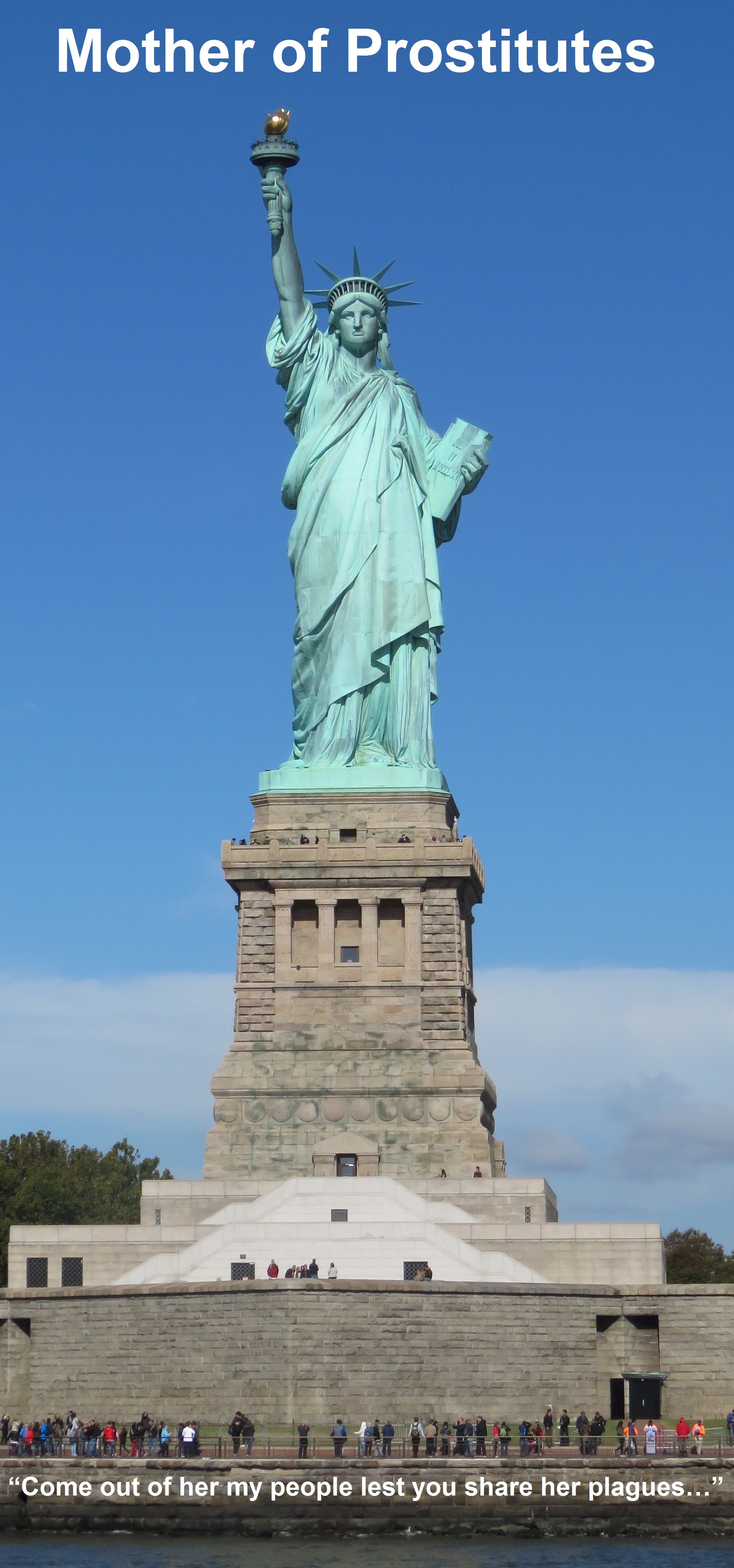

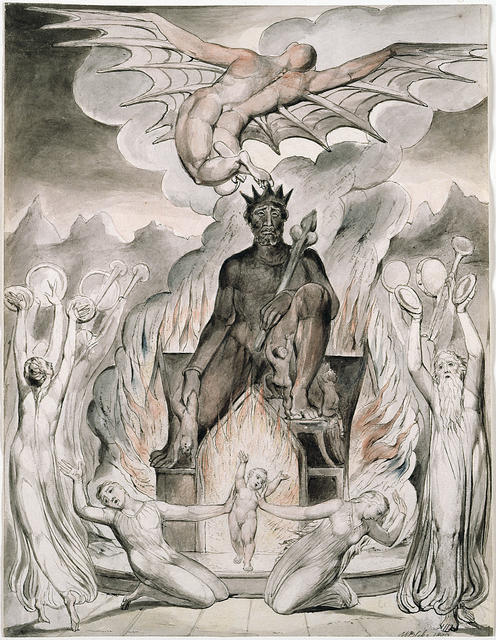

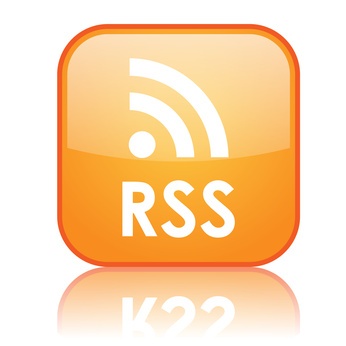
Join the Discussion